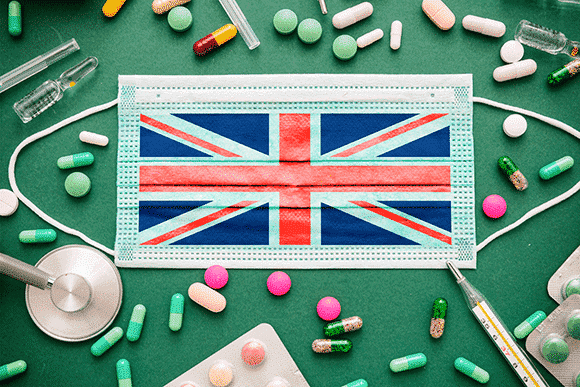
29 Mar 2020 UK Asks Intended Parents to 'Avoid Becoming Pregnant' During COVID-19 Pandemic
British and European reproductive health experts are advising those undertaking fertility treatments to "avoid becoming pregnant" during the COVID-19 pandemic, as numbers of infections mount and health resources are stretched to the limit.
Guidance issued March 18 by the British Fertility Society (BFS) and the Association of Reproductive and Clinical Scientists (ARCS) asks, but does not order, UK fertility clinics to “suspend treatments” in response to the global COVID-19 pandemic, according to an article in BioNews.
The guidance covers in vitro fertilization (IVF), frozen embryo transfer, surgical sperm retrieval, intrauterine insemination (IUI) and ovulation induction procedures. “The guidance is in line with recommendations from the European Society of Human Reproduction and Embryology (ESHRE), who have advised all those considering fertility treatment to 'avoid becoming pregnant at this time',” BioNews reports.
The guidance also urged fertility clinics to consider their 'wider social responsibility' to avoid stressing UK’s National Health Service, which is already stretching to cope with the coronavirus pandemic, with the potential of complications arising from fertility treatments.
The guidelines for fertility clinics are similar to those published and updated March 20 by the American Society for Reproductive Medicine (ASRM). ASRM advises clinics to:
- Suspend initiation of new treatment cycles, including ovulation induction, intrauterine inseminations (IUIs), in vitro fertilization (IVF) including retrievals and frozen embryo transfers, as well as non-urgent gamete cryopreservation.
- Strongly consider cancellation of all embryo transfers whether fresh or frozen.
- Continue to care for patients who are currently “in-cycle” or who require urgent stimulation and cryopreservation.
- Suspend elective surgeries and non-urgent diagnostic procedures.
- Minimize in-person interactions and increase utilization of telehealth.
Some observers say the guidances present a double standard that discriminates against people undergoing fertility treatment. Referring to speculation that weeks of self-isolation and sheltering in place will fuel a future baby boom, BioNews cites an intended parent asking whether fertile couples will likewise be asked to refrain from reproducing.
As inconvenient and disappointing as it is for intended parents, donors and surrogates to put best-laid plans on hold, this is exactly what we and our colleagues are advising our clients. Until we have a better idea of when and how health officials will be able to bring the coronavirus outbreak under control, a wait-and-see strategy is best.
For more information and breaking news articles about the coronavirus pandemic, visit our COVID-19 news page here.

















